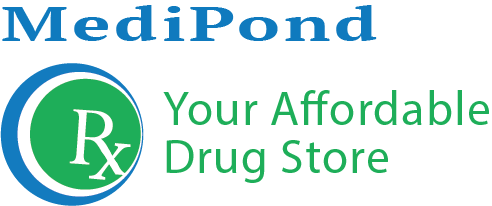Trihexyphenidyl is used to treat symptoms of Parkinson's disease or involuntary movements due to the side effects of certain psychiatric drugs (antipsychotics such as chlorpromazine/haloperidol). Trihexyphenidyl belongs to a class of medication called anticholinergics that work by blocking a certain natural substance (acetylcholine). This helps decrease muscle stiffness, sweating, and the production of saliva, and helps improve walking ability in people with Parkinson's disease. Anticholinergics can stop severe muscle spasms of the back, neck, and eyes that are sometimes caused by psychiatric drugs. It can also decrease other side effects such as muscle stiffness/rigidity (extrapyramidal signs-EPS). It is not helpful in treating movement problems caused by tardive dyskinesia and may worsen them.
Drowsiness, dizziness, constipation, flushing, nausea, nervousness, blurred vision, or dry mouth may occur. These effects usually lessen as your body gets used to the medicine. If any of these effects persist or worsen, contact your doctor or pharmacist promptly. To relieve dry mouth, suck on (sugarless) hard candy or ice chips, chew (sugarless) gum, drink water, or use a saliva substitute. Remember that your doctor has prescribed this medication because he or she has judged that the benefit to you is greater than the risk of side effects. Many people using this medication do not have serious side effects. Tell your doctor right away if any of these unlikely but serious side effects occur: decreased sexual ability, severe stomach/abdominal pain, difficult/painful swallowing, difficulty urinating, weakness. Get medical help right away if you have any very serious side effects, including: chest pain, severe dizziness/fainting, high fever, fast/irregular/slow heartbeat, mental/mood changes (e.g., confusion, hallucinations, memory problems), eye pain/swelling/redness, vision changes (such as seeing rainbows around lights at night). A serious allergic reaction to this drug is unlikely, but seek immediate medical attention if it occurs. Symptoms of a serious allergic reaction include: rash, itching/swelling (especially of the face/tongue/throat), severe dizziness, trouble breathing. This is not a complete list of possible side effects. If you notice other effects not listed above, contact your doctor or pharmacist. In the US - Call your doctor for medical advice about side effects. You may report side effects to FDA at 1-800-FDA-1088 or at www.fda.gov/medwatch.
Write a Product Review


